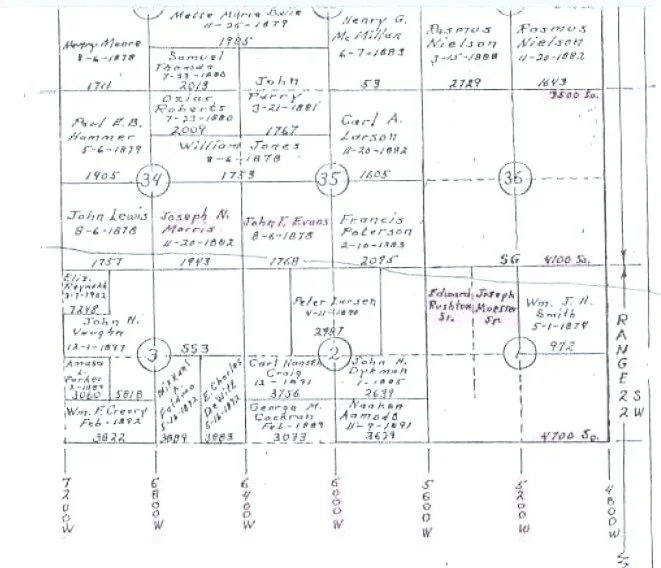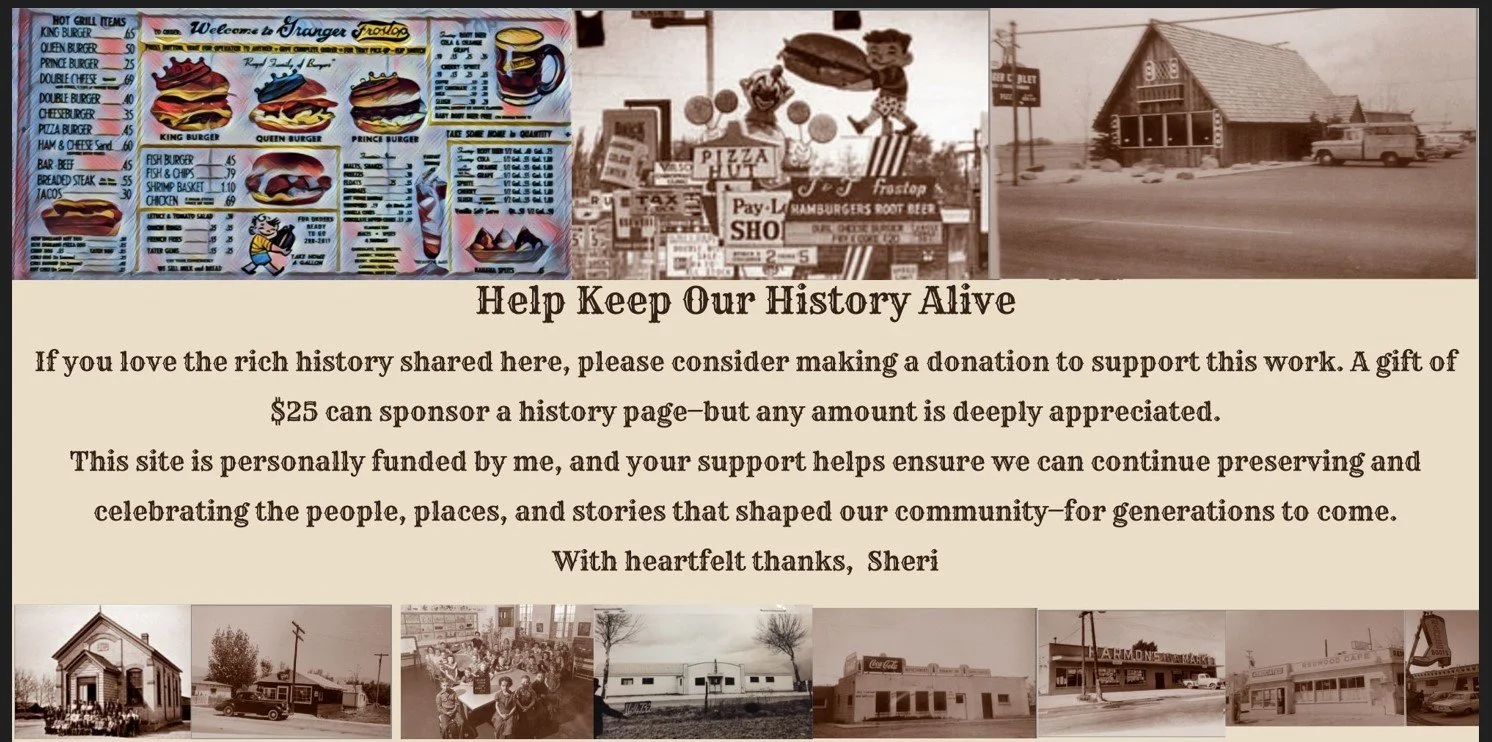From Farms to Foundations: The Pioneer Story of Hunter
A History of Hunter
This is a history of some of the early pioneers who settled in the Hunter area. What follows is the first installment of stories from Hunter’s past. For this history to grow, more materials and memories are always needed. Many other families—Wilsons, Browns, Coons, Jones, Rolfes, Millers, Wildings, Larsens, Ridds, Evans, and Haynes—played important roles in shaping Hunter. Their contributions, along with many others, deserve to be told in future installments.
Early Settlement
Hunter was sparsely settled in the 1850s and 1860s. Many of the earliest settlers preferred to stay close to the Jordan River or pushed further west toward the foothills. The region that later became known as Pleasant Green began to develop in the mid-1850s, when Abraham Coon settled in the canyon that now bears his name (Coon Canyon, later Coon Creek, today known as Magna area).
Formation of a Community
The community that became Hunter formally began around 1875. In 1880, Pleasant Green was organized as an LDS ward, with the Hunter area forming a branch. By 1889, the branch became its own ward, named in honor of Edward Hunter, presiding bishop of the LDS Church. The first bishop of Hunter Ward was William Miller.
The 1880 U.S. Census recorded only 41 households in all of Pleasant Green. By 1900, the number had grown to 151 households—81 in Pleasant Green and 70 in Hunter.
The Dream of El Dorado
Hunter even experienced a short-lived “land boom” in the late 1880s and 1890s. In 1890, a new townsite named El Dorado was proclaimed. The plat covered the area from about 2100 South to north of Haynes Lake, and from 4800 West to beyond 5600 West. A few homes were built, and a post office was established.
But the dream was short-lived. Without reliable water, and with alkaline soil making farming difficult, the town failed to thrive. By 1895, El Dorado was abandoned, though traces of its early streets and foundations could still be found well into the 20th century.
Legacy
Though Hunter began humbly, its pioneers left lasting contributions. By securing land, attempting bold developments, and establishing religious and civic life, they laid the groundwork for what would one day grow into West Valley City, incorporated in 1980.
The story of Hunter is one of persistence, faith, and community-building in the face of challenges. It is also a story still being written, as descendants and historians work to preserve the legacy of those who first called Hunter home.



